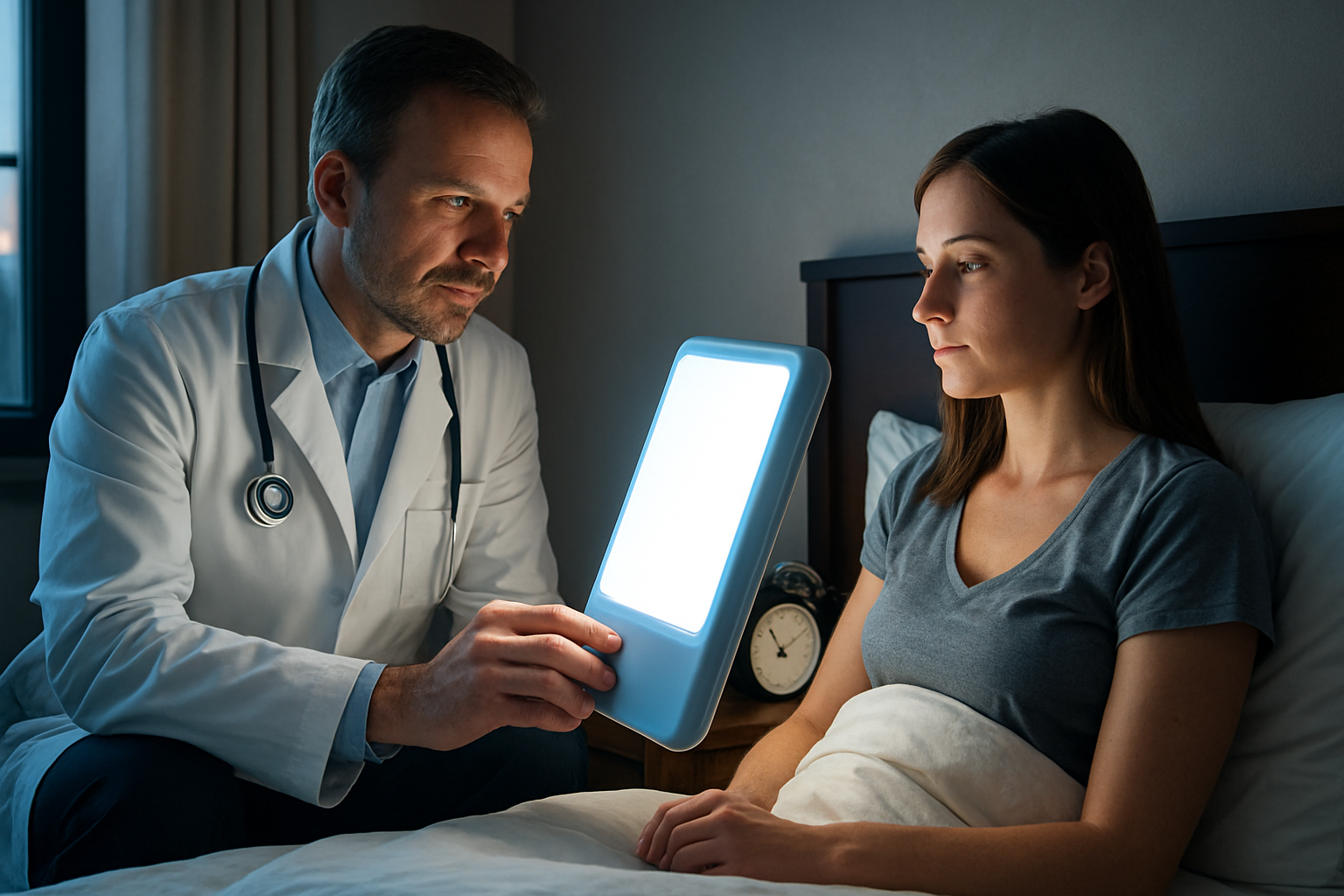Exploring Effective Sleep Disorder Treatment Options for a Restful Night's Sleep
Quality sleep is essential for physical health, mental well-being, and overall life satisfaction. Unfortunately, millions of Americans struggle with various sleep disorders that disrupt their nightly rest and daily functioning. From insomnia and sleep apnea to restless leg syndrome and narcolepsy, these conditions can significantly impact your quality of life. Understanding available treatment options and working with healthcare professionals can help you reclaim restful nights and energized days.

What Are the Most Common Types of Sleep Disorders?
Sleep disorders encompass a wide range of conditions that affect sleep quality, timing, or duration. Insomnia, characterized by difficulty falling or staying asleep, affects approximately 30% of adults at some point in their lives. Sleep apnea, where breathing repeatedly stops and starts during sleep, impacts an estimated 22 million Americans. Other prevalent disorders include restless leg syndrome, narcolepsy, and circadian rhythm disorders. Each condition requires specific diagnostic approaches and tailored treatment strategies to address underlying causes effectively.
How Do Healthcare Professionals Diagnose Sleep Problems?
Proper diagnosis forms the foundation of effective sleep disorder treatment. Healthcare providers typically begin with comprehensive medical histories and sleep questionnaires to understand your symptoms and sleep patterns. Many patients undergo sleep studies, either in specialized sleep centers or through home monitoring devices. These studies record brain activity, breathing patterns, heart rate, and movement during sleep. Advanced diagnostic tools like polysomnography provide detailed insights into sleep stages and identify specific disruptions that may not be apparent to patients themselves.
Find Relief from Sleep Disorders Through Medical Treatments
Medical interventions vary significantly depending on the specific sleep disorder and its severity. For sleep apnea, continuous positive airway pressure (CPAP) machines remain the gold standard treatment, delivering steady air pressure to keep airways open during sleep. Medications play crucial roles in treating various conditions: prescription sleep aids for short-term insomnia management, stimulants for narcolepsy, and dopamine agonists for restless leg syndrome. Iron supplements may help patients with restless leg syndrome who have iron deficiency, while melatonin supplements can regulate circadian rhythm disorders.
Discover the Best Treatment Options Beyond Medication
Non-pharmaceutical approaches often provide excellent results, either as standalone treatments or complementary therapies. Cognitive behavioral therapy for insomnia (CBT-I) has shown remarkable effectiveness in addressing chronic sleep problems by changing thoughts and behaviors that interfere with sleep. Sleep hygiene education teaches patients optimal bedroom environments, consistent sleep schedules, and pre-bedtime routines. Relaxation techniques, including progressive muscle relaxation and mindfulness meditation, help reduce anxiety and physical tension that can prevent restful sleep.
Improve Your Sleep Quality Today with Lifestyle Modifications
In the United States, sleep medicine has evolved significantly over the past decade, with increased recognition of sleep disorders as serious health conditions rather than mere inconveniences. The American Academy of Sleep Medicine has expanded its guidelines to include more comprehensive treatment approaches, emphasizing the connection between sleep health and chronic diseases like diabetes, cardiovascular disease, and obesity. Many insurance plans now cover sleep studies and certain treatments, making professional help more accessible to patients across different socioeconomic backgrounds.
Understanding Treatment Costs and Provider Options
Sleep disorder treatment costs vary considerably based on the type of disorder, treatment approach, and healthcare provider. Initial consultations with sleep specialists typically range from $300 to $600, while comprehensive sleep studies can cost between $1,000 and $3,000. CPAP machines range from $500 to $3,000, depending on features and technology levels. Many insurance plans cover medically necessary sleep treatments, though coverage varies by provider and specific policy terms.
| Treatment Type | Provider/Service | Cost Estimation |
|---|---|---|
| Sleep Study | Sleep Centers of America | $1,200 - $2,500 |
| CPAP Therapy | ResMed/Philips Equipment | $800 - $2,000 |
| CBT-I Sessions | Licensed Sleep Psychologists | $150 - $300 per session |
| Sleep Specialist Consultation | Board-Certified Sleep Medicine Physicians | $400 - $700 |
Prices, rates, or cost estimates mentioned in this article are based on the latest available information but may change over time. Independent research is advised before making financial decisions.
Effective sleep disorder treatment requires patience, professional guidance, and often a combination of approaches tailored to individual needs. Success rates improve significantly when patients work closely with qualified healthcare providers and remain committed to recommended treatment plans. Many people experience substantial improvements in sleep quality within weeks of beginning appropriate treatment, leading to better daytime functioning, improved mood, and enhanced overall health. Remember that addressing sleep disorders is an investment in your long-term health and quality of life.
This article is for informational purposes only and should not be considered medical advice. Please consult a qualified healthcare professional for personalized guidance and treatment.




